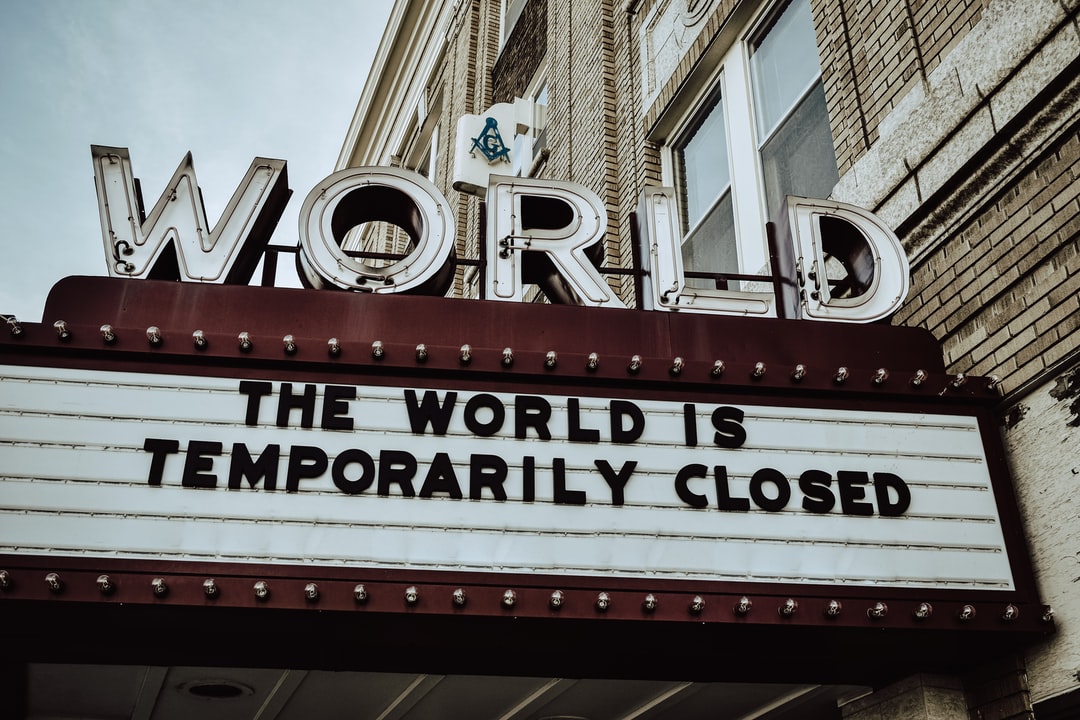Easing Back Into Life After Covid-19

Easing Back Into Daily Life After Two Years of Pandemic
Finding ’normal’ as the pandemic loosens its grip on everyday life is proving to be difficult. Even with most restrictions behind us and the reassurances that all is okay, there is still so much information to interpret. Removing our masks and feeling the pull to return to in-office and in-school work is causing a lot of anxiety and stress for many people.
Why am I feeling so anxious?
COVID-19 has always been ‘invisible’, and it has not gone away. It’s okay to still feel concerned about infection and it will take time for some to feel safe again. Remember, we have spent more than two years living in isolation, dreading surges of a virus that we could not see, predict or prevent.
It took time to change our behaviours at the start of the pandemic. Humans are creatures of habit, and most of us developed dramatically different routines in 2020. All work, school and home environments changed and we were forced to adapt. Now, things are shifting again, and even if we’re not returning to the same schedules we had pre-pandemic we are still facing the stress and challenge of adapting to this new ‘normal’.
Isolating at home made living in a smaller, quieter world more common. As we return to busier environments it can feel like there is less control and predictability. Traffic, and the hustle and bustle that comes from so much pent-up demand to be in public spaces can feel over-stimulating. As you transition back into the world you’ve been separated from, your brain is working hard to process all that new stimuli, and even though it probably is not ‘dangerous’, being outside of your comfort zone might still feel like it.
How to cope with pandemic stress?
Most of us have never experienced anything like this pandemic, which makes this process of reintegration a new type of challenge.
Control what you can, and be flexible. Respect others and their choices. Be patient with yourself as you return to old routines. Set realistic expectations, and don’t count on things being the same as they were before the pandemic.
Take small and consistent steps, instead of jumping right back into the ‘deep end’. If large crowds cause an increase in anxiety, your first outing probably shouldn’t be a music festival. Small and consistent steps in the right direction will be more helpful. Remember that there may be some setbacks along the way. Healing is not linear, don’t beat yourself up if you have a setback. Take note of it, forgive yourself and try again. Be kind to yourself and create situations that work well for you. Make plans and try not to dwell on the ‘what ifs’.
Check in with yourself, and your emotions during this time. Take a moment each day to evaluate how much difficulty adjusting back is causing you. If you are managing well, and it feels good to move forward, continue with new activities and maintain your self-care routines.
Reach out for help as you need it. This pandemic has caused more chaos and distress than most people expected. If you find yourself feeling overwhelmed and unable to return to situations that you enjoyed before, consider reaching out to a therapist for help. Psychologists and other therapists can help you to see the bigger picture and refocus on the good coping skills that brought you this far. They can also help you to develop more effective tools when the ones you may have grown reliant on no longer work for you.
